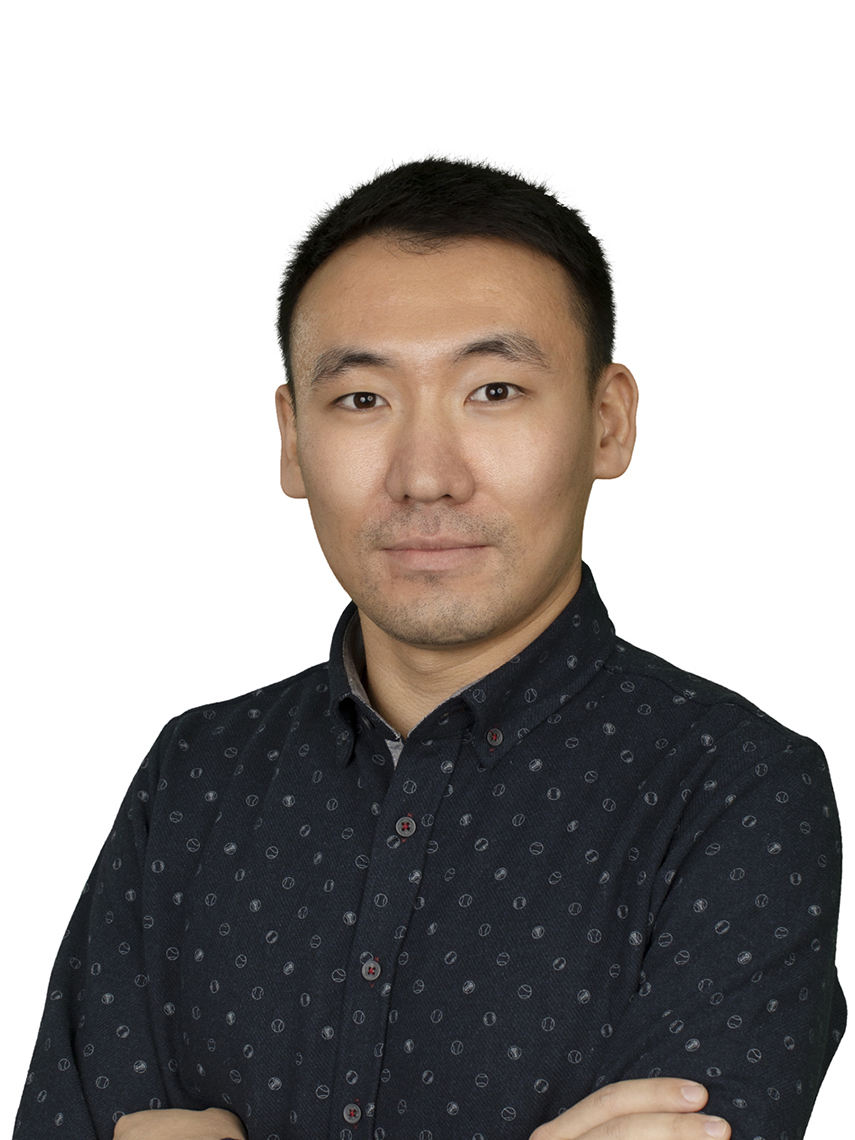 ORCiD iD: 0000-0001-8985-7761
ORCiD iD: 0000-0001-8985-7761
Tel. +370 631 14 191
E-mail: arman.shamshitov@lammc.lt
Studentų St. 15A, Akademija, LT-53362 Kaunas dist., Lithuania
Education
Since 2020 Doctoral studies in Agrocultural sciences, dissertation topic “Characterisation of soil microbiota decomposing the plant residues in cereal based cropping system”, Lithuanian Research Centre for Agriculture and Forestry.
2019–2020 Master's degree in Applied Biotechnology, Faculty of Natural Sciences, Vytautas Magnus University.
2018–2020 Master's degree in Biotechnology, Faculty of Agrotechnologies, M. Kozybayev North Kazakhstan State University.
2012–2016 Bachelor's degree in Agronomy, Faculty of Agriculture, Ualikhanov Kokshetau State University.
Research fields
Position
Since 2020 Junior Researcher, Microbiology Laboratory, Institute of Agriculture, LAMMC
Involvement in programmes and projects
SCIENTIFIC PUBLICATIONS (click the link here)